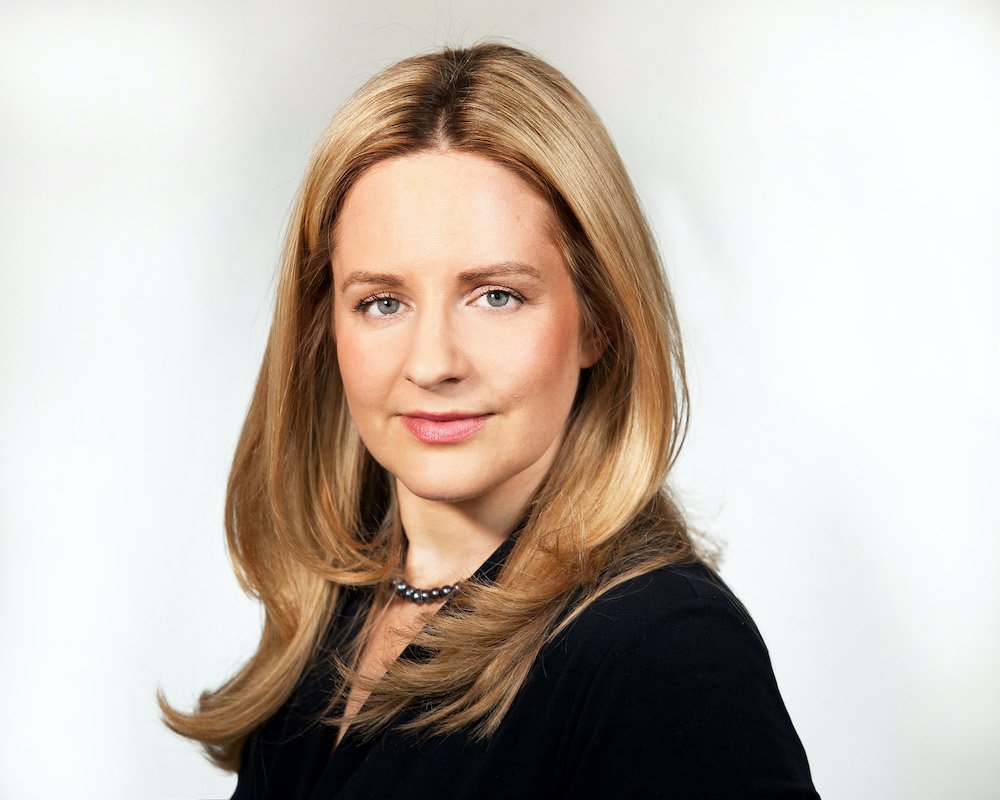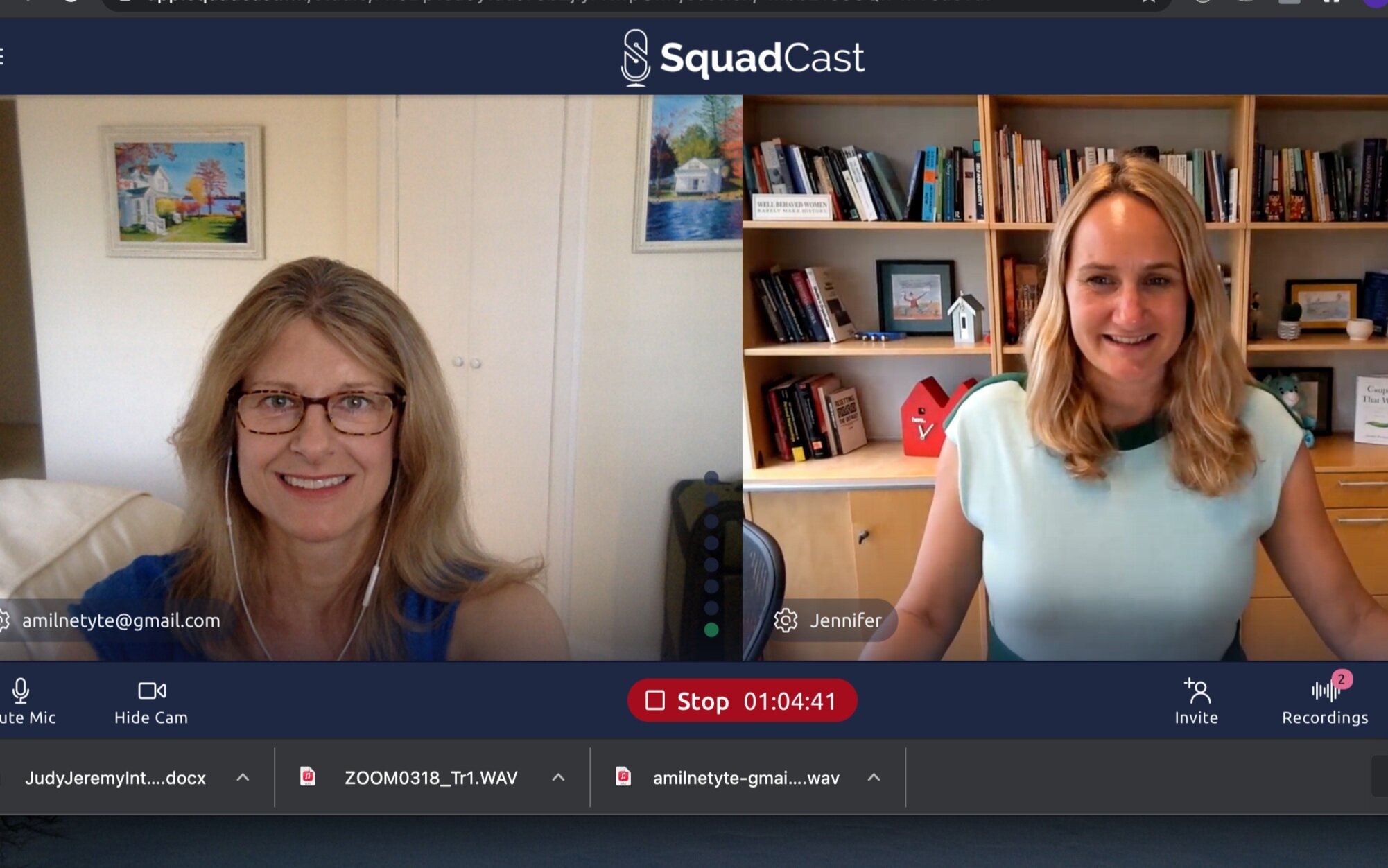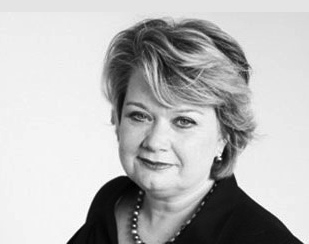Episode 193: Bucking the System
/“I’m sick of thinking if I just smile and grit my teeth I’ll get the treatment I should get. It just doesn’t work that way. So I’ve become a lot less apologetic and a lot more brash on these issues.”
Professor Raina Brands
I knew I wanted to talk to Professor Raina Brands when I spotted a tweet of hers last year in which she revealed that her CV contained some updated, and quite personal, information - information most of us wouldn’t reveal to an employer.
In this episode Raina discusses her project to help women ‘de-bias’ their careers, something she and her colleague Aneeta Rattan write about on their site, Career Equally. She explains what that means, why it’s important, and how we can get started. She also talks about why she decided to get personal in public and what the response has been.
You can also read a transcript of the show.








